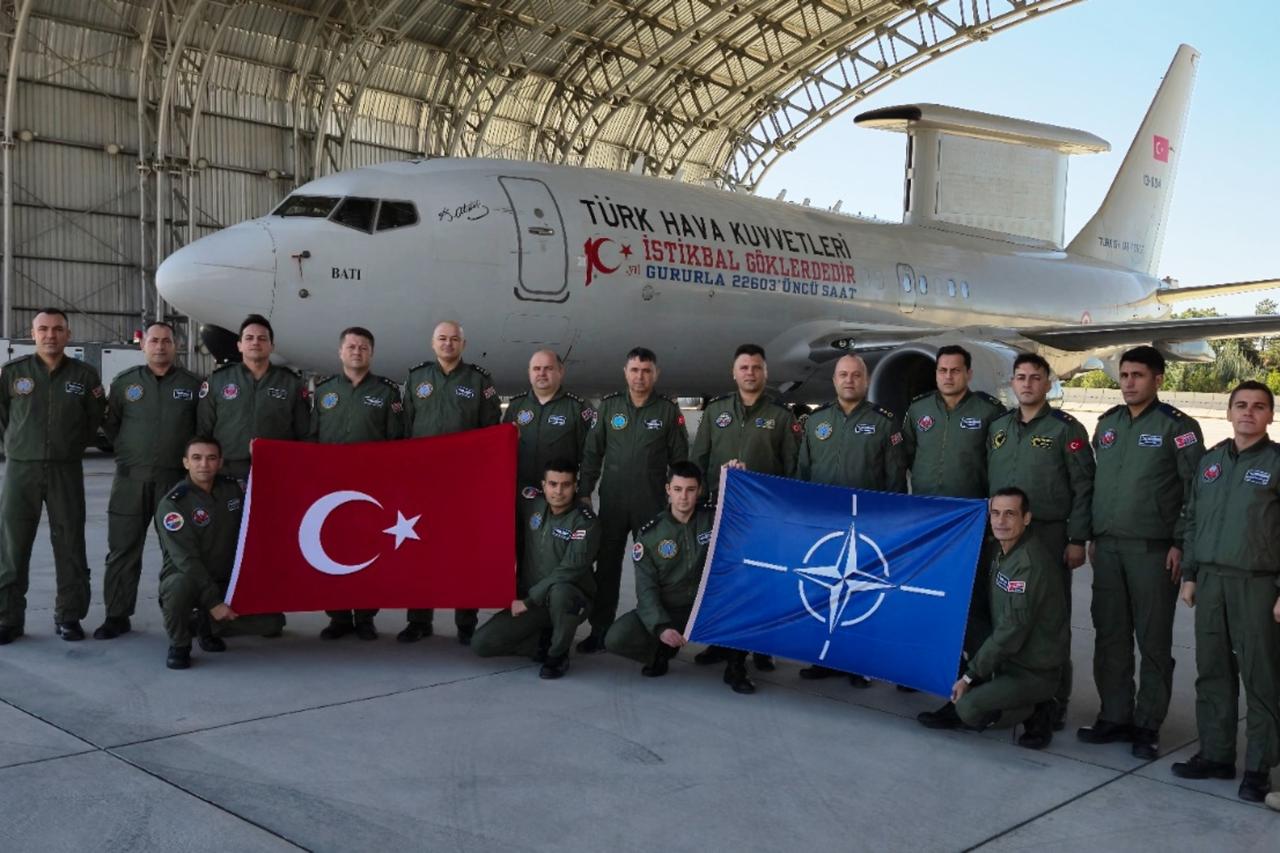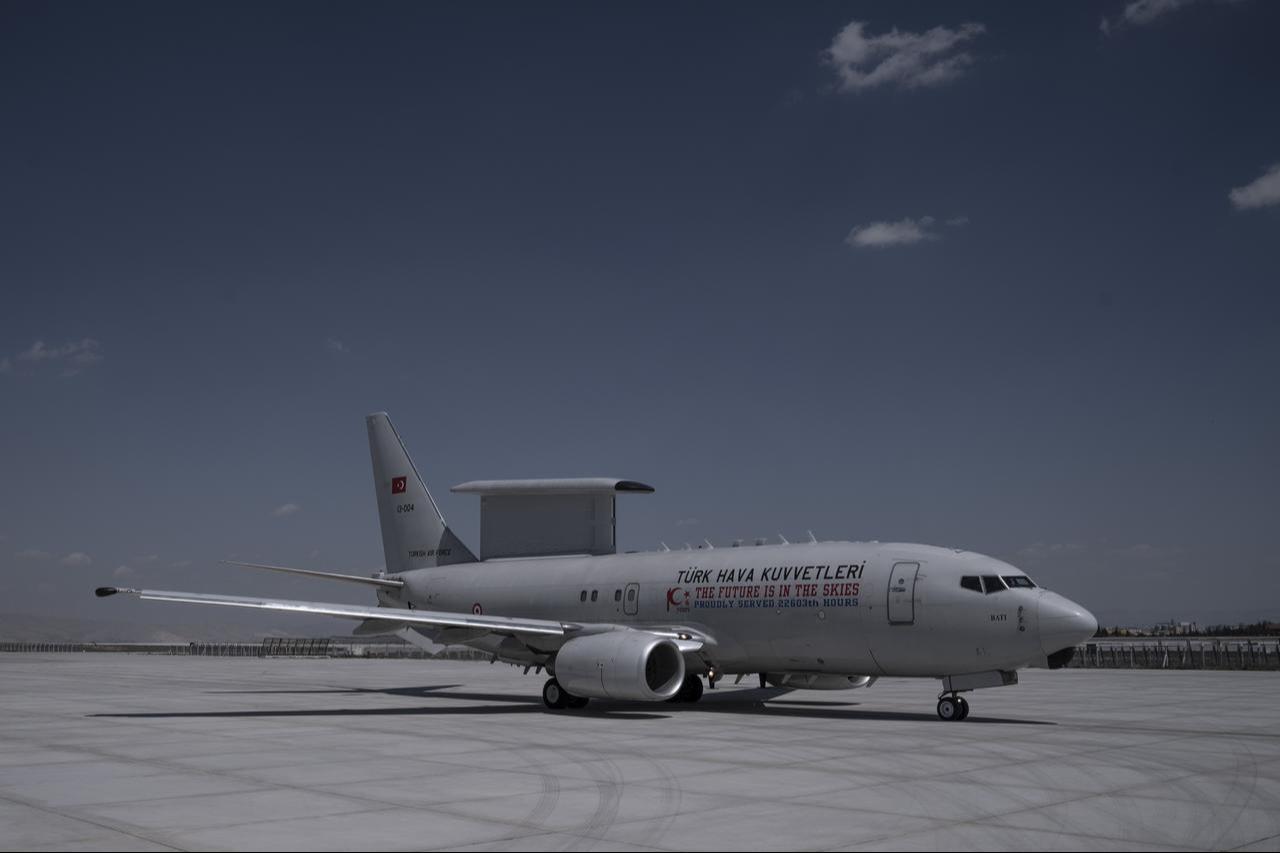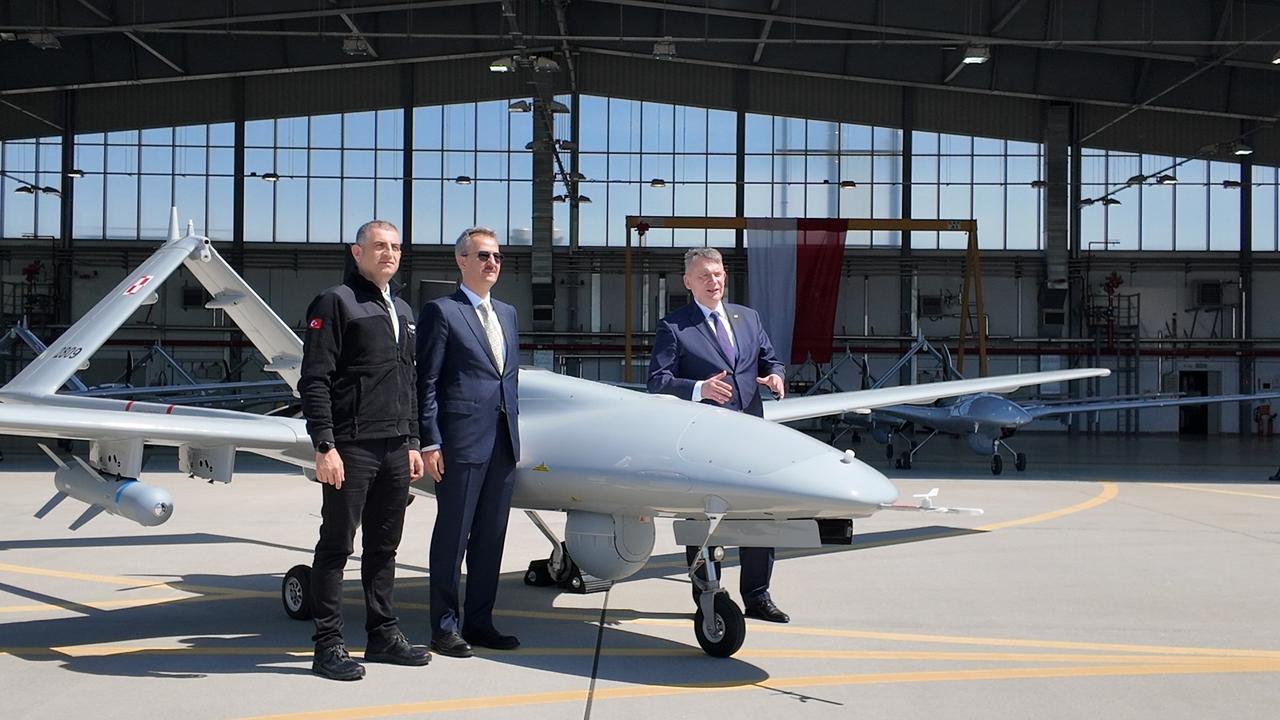
Türkiye has proven itself a "reliable partner" for Baltic region security by deploying an Airborne Early Warning and Control (AEW&C) aircraft to Lithuania following Russian airspace violations, according to Karolina Wanda Olszowska, founding president of the Poland-based Turkish Studies Institute.
Olszowska, speaking to the state-run Anadolu Agency (AA) on Monday, said that Türkiye's deployment under NATO Assurance Measures sent an important signal to Central Europe.
It demonstrates the alliance's unity despite various disagreements and shows that countries like Poland, Lithuania and Latvia can rely on their allies' support.
The assessment comes after Russian unmanned aerial vehicles violated Polish airspace on Sept. 9, prompting Poland to seek clear responses from NATO allies.
"We expected statements from our allies. As Poland, we knew Russia was testing how far it could go," Olszowska said.

Poland particularly watched for Türkiye's reaction as NATO's second-largest military force, according to Olszowska.
"After Sept. 10, in Poland, we wondered about Türkiye's response, which has NATO's second-largest army. With the AEW&C aircraft being sent to Lithuania, we saw we could rely on our NATO ally, and this was very positively received in Poland," she stated.
Olszowska emphasized that a clear stance must be displayed against Moscow without further escalating tensions, noting Poland is ready to defend every inch of its territory but can only do so collectively.
Highlighting Türkiye's rapidly developing defense industry, Olszowska said the country can make significant contributions to regional security.
"Türkiye, with its rapidly developing defense industry, can make important contributions. Cooperation in this field strengthens both 'our' and 'your' security," she said.
Russia does not hesitate to attack and threaten individual states, making unity essential for security, Olszowska noted.
She pointed to similar incidents in Romania after Poland, with new developments reported from Denmark and Finland, calling for stronger sanctions against Russia.

Olszowska described both Poland and Türkiye as "frontline" states, with Poland important on NATO's eastern flank and Türkiye on the southern flank.
"Türkiye and NATO give confidence to Central European countries that have a past with Russia," she emphasized.
Regarding defense cooperation potential between Poland and Türkiye, Olszowska acknowledged difficulties in defining the full potential due to limited access to detailed data and contracts.
"Most recently, the Mechanical and Chemical Industry Corporation (MKE) signed a contract covering the export of MKE-produced 20mm ammunition for use in guns on the Polish Air Force's KAI FA50GF Fighting Eagle Block 10 light combat aircraft. This is concrete data," she said.
Olszowska pointed to claims about establishing an ammunition factory between Türkiye and Poland, expressing a belief that such projects would provide mutual benefit.
She noted Poland has significantly increased defense spending in recent years, adding, "This cooperation potential also has operational and training dimensions."
"Polish and Turkish soldiers come together in NATO exercises where they can share their battlefield experience as well as experience in areas like cybersecurity. Therefore, cooperation between the two countries becomes even more meaningful," she concluded.